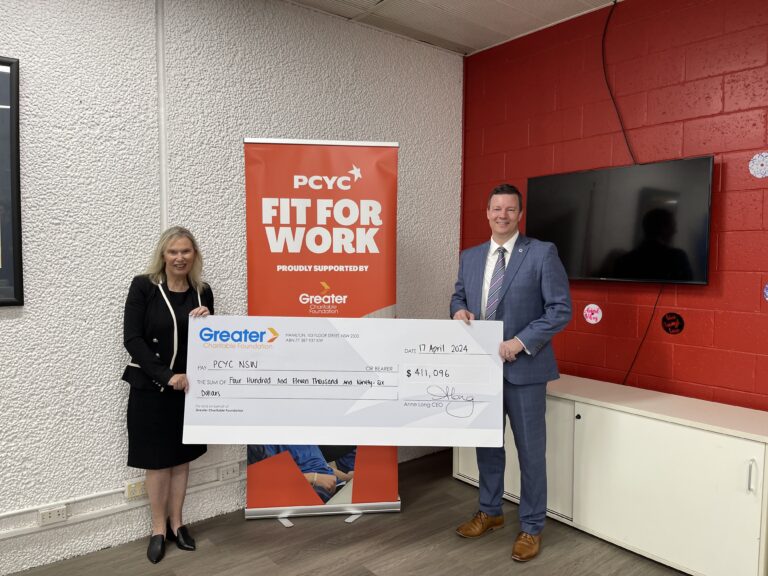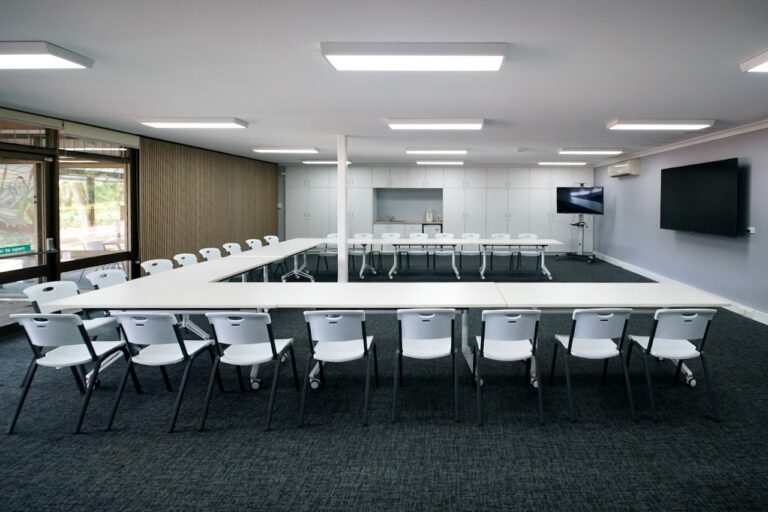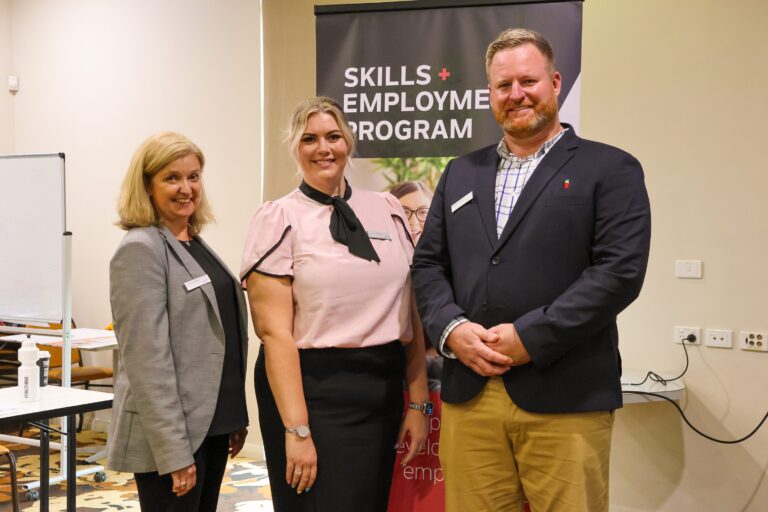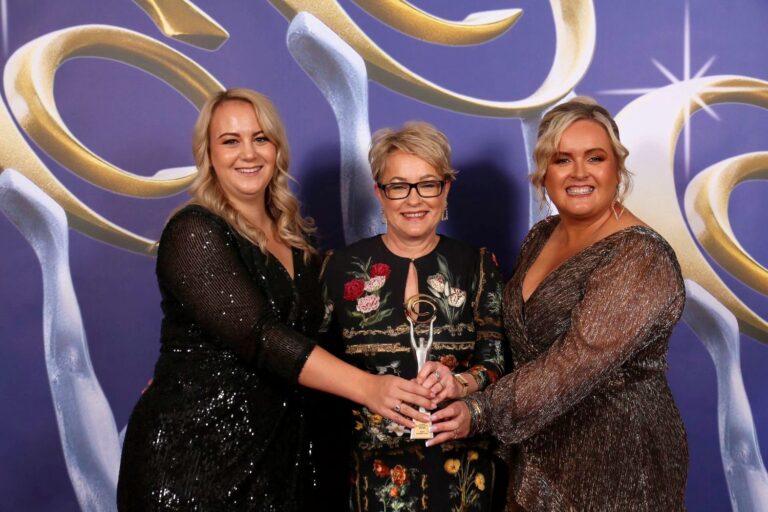The Federal Government says its 2017-18 Budget, handed down last night, is all about “fairness, security and opportunity”.
It is a spending and taxing budget to boost growth and the Government’s falling polls rather than a budget of economic reform. There are welcome efforts to back small business and invest in infrastructure to grow the Australian economy.
What does it mean for small to medium enterprises in the Hunter? There were few specific measures but we all should benefit from this budget being a reset of the Government’s agenda. It does seem a budget that has more chance of passing the parliament and building confidence, which is critical to a successful business environment.
Key business measures
- $20,000 instant asset write-off for small businesses (turnover of less than $10M) extended until 30 June 2018.
- Businesses with a turnover of up to $50m will receive a company tax cut.
Other key measures for business and business people
- Medicare levy to be raised by 0.5 percentage points in two years’ time to fully fund NDIS.
- $90m to secure access to Australian gas for domestic use.
- Six-basis-point levy on the five largest banks, raising $6.2b over the budget and forward estimates.
- Retirees who sell the family home can add non-concessional $300k into their super.
- Increase capital gains discount to 60 per cent for investments in affordable housing.
- Defence spending is expected to rise from $32.4b in 2016-17 to $58.7b in 2025-26.
The Budget and economy
- Deficit of $29.4 billion in 2017/18 but projected surplus of $7.4 billion in 2020-21.
- GDP and nominal GDP forecast to be 3% and 5% respectively over the next three years.
- The unemployment rate forecast to remain at 5.5% over the next three years.
- Inflation rising to 2.25% next year and then 2.5% in the following two years.
- Wage growth expected to increase from 2 per cent to more than 3 per cent over the next four years.
What it means for business and you
Business tax help
The $20,000 instant asset write-off is welcome because this assists small businesses in reinvesting and growing their businesses.
Incorporated small businesses with a turnover of up to $10m will have their rate of tax cut to 27.5 per cent for the current financial year. Over the next two years, this will be progressively extended to businesses with turnover of up to $50m. This is part of the Ten Year Enterprise Tax Plan, unveiled in last year’s Budget.
It is disappointing that more has not been done to lower taxes and extend the instant asset write-off to mid-sized businesses. Middle market businesses are vital to the economy in the Hunter and nationally, accounting for around one third of economic activity.
There are incentives worth up to $300 million over two years for states that slash unnecessary restrictions on businesses, including regulatory frameworks that impede competition. Overall though, the Budget doesn’t have a focus on simplification of the business environment.
Infrastructure for nation building
What is good to see is $75B in investment in infrastructure and nation building, with a particular focus on genuinely productive, targeted transport spending. These projects need to help Hunter businesses to move goods, services and capital around the nation. Hunter mid-market businesses must look to capitalise on the direct and indirect job creation that stems from these infrastructure investments to assist in expanding their markets and supply chains.
Hopefully we will see benefits for the Hunter from projects to improve the Newcastle to Sydney rail line as well as from the Brisbane to Sydney inland rail project.
It remains to be seen if the Hunter will benefit from increased defence spending.
There was no indication of support for public-private partnerships in the infrastructure spending, which is critical to ensure the construction and associated industries can grow.
NDIS
The increase in the Medicare levy to fully fund the NDIS will be welcome in the Hunter and can have benefits for businesses supporting people with a disability. We need to ensure that the extra taxpayer funding is quarantined for that purpose.
Housing
There were a welcome range of housing measures that are targeted at improving Australia’s housing crisis. Property and construction has driven economic growth in the Hunter and Australia since the slowdown in mining and manufacturing.
The introduction of non-concessional contributions to superannuation of up to $300,000 from the sale of the principal home for older Australians who are downsizing will help the capacity of business people and business owners to self-fund their retirement.
We need to ensure housing measures, such as the vacant property tax and restrictions on foreign investment in housing, do not curtail activity in the property and construction sectors, and in the economy as a whole.
Big Bank Levy
The big five banks, ANZ Bank, Westpac, National Australia Bank, Commonwealth Bank and Macquarie, are being hit with a six basis-point levy on bank liabilities.
The proposed levy on banking deposits may provide a more level playing field for regional banks and other financial institutions. The concern is that these costs will be passed on to business customers and investors. Self-funded retirees in particular rely on dividends from bank profits.





